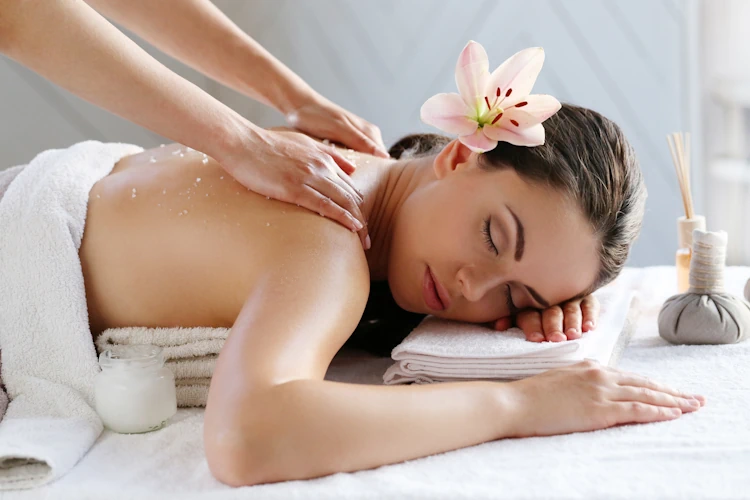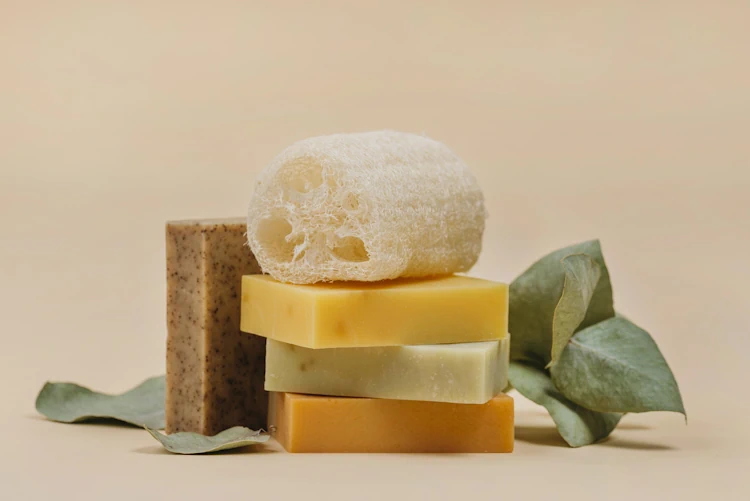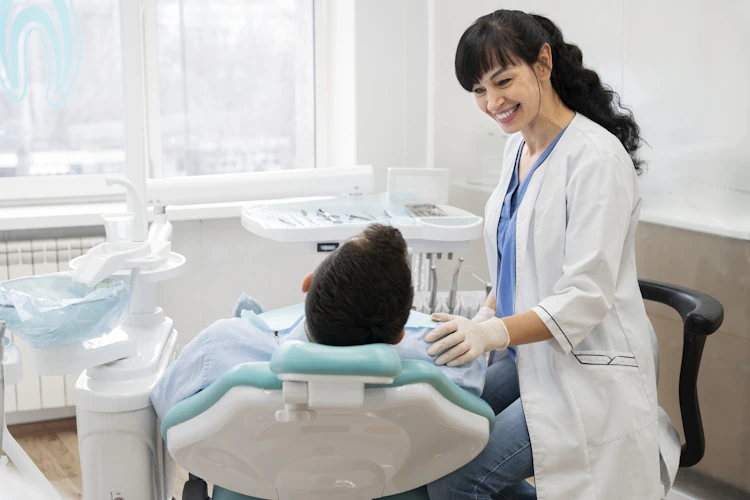In today’s fast-paced world, stress has become an almost inevitable part of our lives. From work pressures to personal responsibilities, stress can manifest in various ways, affecting our physical and mental well-being. While there are numerous methods to combat stress, one ancient practice has gained significant attention for its effectiveness – reflexology. In this comprehensive guide, we will explore the world of reflexology and delve into the myriad benefits it offers for stress relief.
Introduction to Reflexology
Reflexology, often referred to as zone therapy, is an ancient practice that involves applying pressure to specific points on the feet, hands, or ears. These points, known as reflex zones, are believed to correspond to different organs and systems within the body. The art of reflexology has been practiced for centuries, with roots tracing back to ancient China and Egypt.
How Does Reflexology Work?
The fundamental principle of reflexology is that there are reflex zones in the feet, hands, and ears that are interconnected with various parts of the body. By stimulating these reflex zones through massage and pressure, it is believed that energy blockages are cleared, allowing for improved circulation and the release of tension.

Stress and Its Impact on Health
In today’s fast-paced world, stress is a prevalent issue that affects people of all ages. From the pressures of work to personal responsibilities, stress can have a significant impact on both physical and emotional well-being. It can lead to a range of health issues, including headaches, muscle tension, and even chronic conditions like hypertension and anxiety disorders.
The Science Behind Reflexology
While reflexology is often considered an alternative therapy, there is scientific evidence supporting its effectiveness. When pressure is applied to specific reflex points, it stimulates the nervous system, promoting relaxation and the release of endorphins, the body’s natural feel-good hormones.
Benefits of Reflexology for Stress Relief
Reflexology offers a multitude of benefits for stress relief, including relaxation, improved sleep quality, and a reduction in anxiety levels. Many individuals turn to reflexology as a natural and holistic approach to managing stress and its associated symptoms.
The Reflexology Session Experience
During a reflexology session, a qualified reflexologist will use their hands to apply pressure to the reflex zones on your feet, hands, or ears. The experience is generally relaxing, and clients often report feeling a sense of calm and tranquility during and after the session.
Self-Reflexology Techniques
If you prefer the convenience of home-based stress relief, you can learn self-reflexology techniques. With the right guidance and tools, you can effectively apply reflexology principles to yourself, promoting relaxation whenever needed.
Complementary Therapies
Reflexology can also be complemented by other therapies such as aromatherapy and yoga. When combined, these practices can enhance the overall stress-relief experience, providing a holistic approach to well-being.
Reflexology for Specific Stress-Related Conditions
Reflexology has been found to be particularly effective in addressing stress-related conditions such as headaches and insomnia. By targeting specific reflex zones, relief can be provided for these specific issues.
Real-Life Success Stories
Many individuals have shared their positive experiences with reflexology, recounting how it has helped them manage stress and improve their quality of life. These testimonials provide real-world examples of the benefits of reflexology.
Safety and Precautions
While reflexology is generally safe for most people, there are some precautions to consider. Individuals with certain medical conditions should consult with a healthcare professional before undergoing reflexology treatment.
The Road to Wellness: Reflexology as a Lifestyle
To fully reap the benefits of reflexology, consider incorporating it into your daily routine. Over time, the cumulative effects of regular reflexology sessions can lead to improved overall well-being.
Professional Opinions and Research
Experts in the field of alternative medicine and wellness offer their insights on reflexology, and ongoing research continues to shed light on its effectiveness. Stay informed about the latest findings in reflexology research.
Conclusion
In conclusion, reflexology is a valuable tool for stress relief in today’s fast-paced world. Its ancient origins, combined with modern scientific support, make it an attractive option for those seeking natural and holistic stress management techniques. Whether you choose to visit a qualified reflexologist or practice self-reflexology at home, the benefits of this practice are worth exploring.
Frequently Asked Questions (FAQs)
FAQ 1: How often should I get a reflexology session?
The frequency of reflexology sessions depends on individual needs. Some people benefit from weekly sessions, while others find monthly sessions sufficient. It’s best to consult with a reflexologist to determine the ideal schedule for you.
FAQ 2: Can reflexology cure chronic stress?
While reflexology can effectively manage stress and its symptoms, it is not a cure for chronic stress. It is a complementary therapy that can be used alongside other stress management techniques for long-term relief.
FAQ 3: Is reflexology safe during pregnancy?
Reflexology can be safe during pregnancy when performed by a trained reflexologist who is experienced in prenatal reflexology. However, it’s essential to consult with your healthcare provider before starting any new therapies during pregnancy.
FAQ 4: Are there any age restrictions for reflexology?
Reflexology is generally safe for individuals of all ages, from children to seniors. However, the pressure applied may vary depending on age and individual health conditions.
FAQ 5: Can I learn reflexology techniques on my own?
Yes, you can learn self-reflexology techniques for stress relief. There are numerous resources and guides available to help you get started with self-reflexology at home.
Incorporating reflexology into your life can be a transformative journey toward stress relief and improved well-being. Explore this ancient practice, consult with a qualified reflexologist, and discover the relaxation and balance it can bring to your life.






